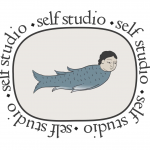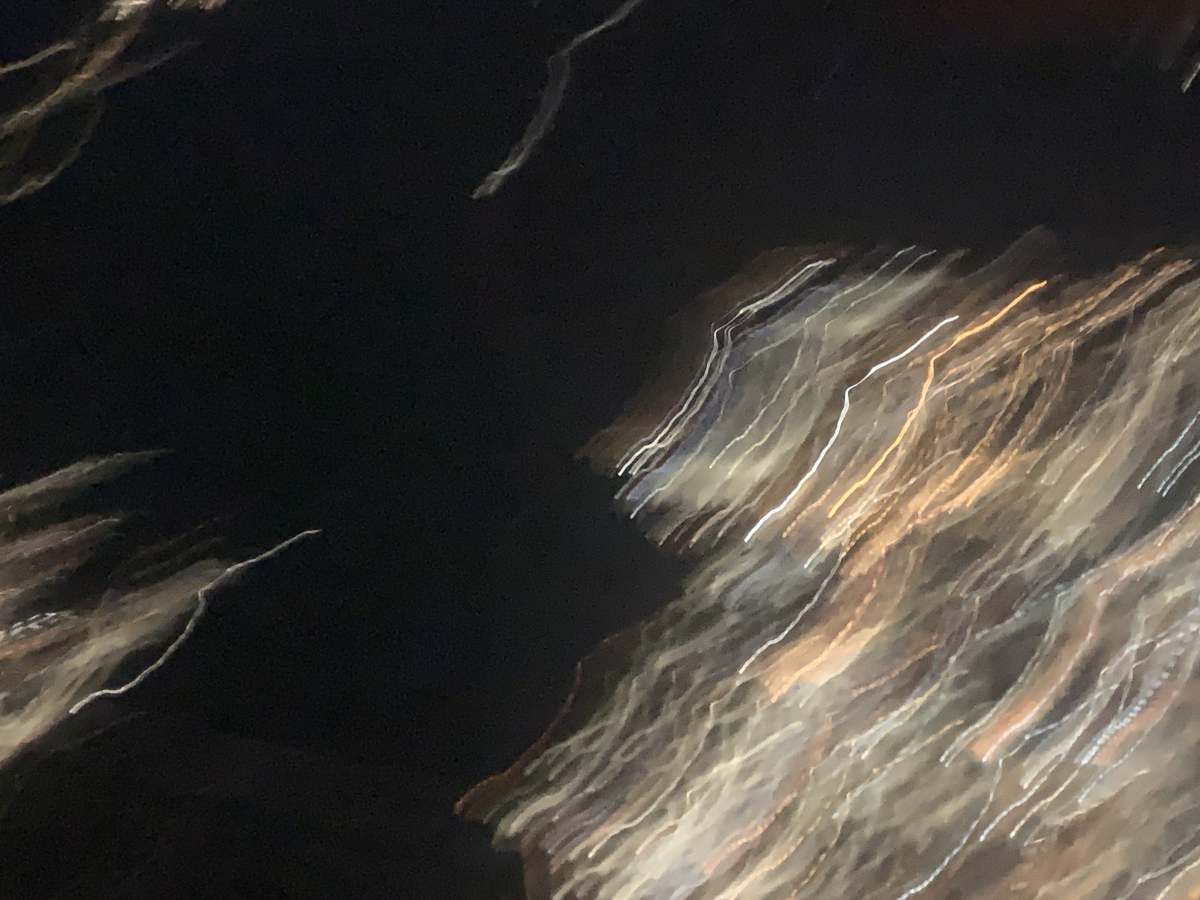In many mythologies and philosophical traditions, the Word, or sometimes chants and music, lies at the origin of all creation. For example, Hindu tradition identifies the creative spirit with a specific word, “Om” and with the notion of Sphoṭa. According to Egyptian mythology, the Eternal Spirit is the “creator of the Word”. In Celtic mythology it is the Oran Mór (The Great Melody) that gave birth to all things. By the means of words or singing, gods created the universe, and human beings continue this cosmogonical process by giving names to things and ideas, by developing concepts and narratives.
In philosophy this notion is often referred to as Logos. Logos represents the reasoning power that brings order to the cosmos, giving it shape and meaning. It reflects our capacity to understand and influence the external reality, to provide structure to the world and its phenomena. We acquire this ability in our early childhood when we become aware of our own self and learn our mother tongue, that enables us to start making sense out of things and interact with others.
While learning our native language we acquire some patterns of understanding and expression. It becomes natural and intuitive for us to articulate sounds in a certain way and to conceptualise reality in a certain way. For example, when we are born in France we feel it natural to use nasal vowels, to pronounce ‘r’ with the gargling sound, to think of a table as feminine in gender, to use a special mode for subjective opinions, to think of time as a distance where we move from left to right and so on and forth. Spanish or Greek native speakers would think of time in terms of volume and Indonesian native speakers would not have tenses for the verbs to position the events in time.
Thus, our native language shapes our mentality and our personality and has a fundamental influence on our whole life experience. When we learn new languages we discover that there are many other ways of conceptualising reality and expressing ourselves, we discover that people from different cultures have a different way of approaching things that seem so evident to us.
From this perspective, learning new languages is not only a way to open new opportunities, but it is also a way to broaden our consciousness and get a deeper understanding of ourselves. “Learn a new language and gain a new soul” as a Czech proverb says. Learning a language in early childhood comes naturally, but how to approach this once we grow up and become deeply connected to the matrix of this world?
A language has a lot in common with a mathematical model, or a system. There are entities and relations between them, dependencies and rules. Yet, a language is a mysterious living organism, that incessantly evolves and changes. It lives in the consciousness and collective memory of people, who are the native speakers of this language. Learning the rules could help you at the start, but it is not enough.
When learning a new language, you might have had that beautiful experience when somehow all these sounds and symbols start to make sense, and you start “feeling” the language and the way it gives meaning to things, when you no longer translate words in your mind, but just understand them. You might have noticed that this magic happens more often when you are exposed to the culture of the language you are learning, to music and movies and to interacting with native speakers, human beings that bear this language and make it not just a system of rules but a means to live a life.
As we remember, “In the beginning was the Word…”, and broadening and deepening our vocabulary lies at the very heart of learning and living a new language. We have been nurturing this thought piece while working with our partners at LexGo, Paul and Ekaterina, who are reinventing the way words are learned using technology, and have released a clever flashcard app but are intent on going deeper into the way languages are learned.
I invite you to meditate on this while listening to our weekly handpicked playlist.


